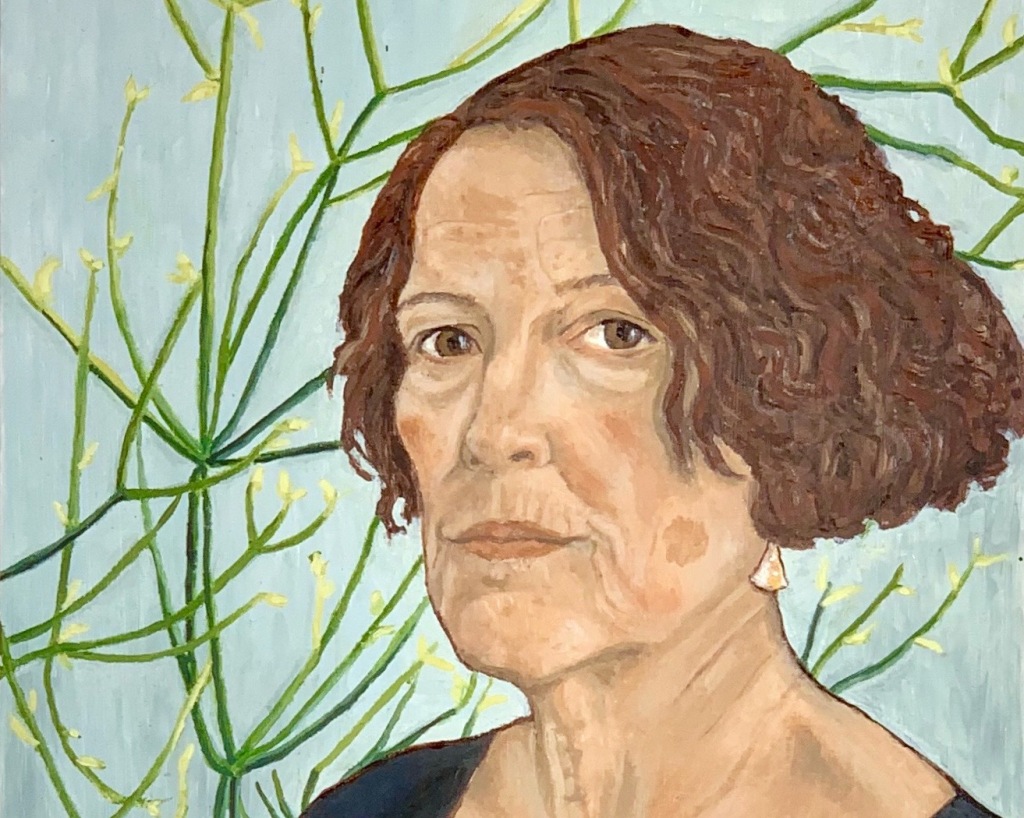Arlene Goldbard is an artist and activist who has dedicated her life to social justice and cultural democracy in the USA. She has written important books on community art and taught widely on the subject. A co-founder of the (entirely unofficial) US Department of Art and Culture, she acted as its Chief Policy Wonk for many years. Arlene is a good friend and we talk regularly about art, ethics, and practice. There are lots of reasons why we get on, but we share an experience that spans working with people and policy, as well as an interest in the philosophy of our work. So I was very happy when Arlene agreed to take up virtual residence on this site for a week and share her insights into the ethics of community cultural development (her term for what I call community art).
Here’s what we’re going to do. Each day next week, we’ll publish part of a text by Arlene on the Values and Ethics of Participatory Arts Practice. It was written to accompany her workshops with arts practitioners, so the tone is direct and grounded. Together, the five parts add up to an essential tool for thinking through your values, motivations and commitments. Publishing them in short daily chapters will, I hope, allow readers to think about each element in its own right: the whole document, which is not very long, will be available to download next Friday.
But as you’ll see when you read Arlene’s words, these are notes, to be complemented by discussion in her workshops. She believes, like me, that community art practice is not about producing answers but asking better questions. It is the process of responding to ethical challenges that matters, not the avoidance or easy resolution of legitimate differences. Whatever else it can be, community art is always a space for encounters and dialogue. So, in that spirit, Arlene and I will host a zoom conversation at the end of the week. It will begin at 5.00pm UK time on Friday 22 May 2020, and we’ll post details of how to join next week.
This is an experiment for both of us, and in itself an encounter between cultures and practices. There are many differences of context, politics and funding between Europe and the USA, and we hope that community artists working in both territories will find the contrasts as illuminating as the common ground. As a taster, you can download Arlene’s excellent book on the role artists can play at times of emergency – a resource that could scarcely be more timely or important than it is now.
PS This post is illustrated by Arlene’s self-portrait, and the posts next week will feature more of her paintings.


8 responses to “A virtual residency by Arlene Goldbard”
Hooray! This sounds excellent. What a brilliant idea. Thank you.
LikeLiked by 1 person
I realise this is an experiment, but it could be useful to know (when both of you have had time to reflect on the experience) what you think works and what you might do differently… to what extent and in what ways can this a model?
LikeLiked by 1 person
Thanks for the suggestion, Chris – I’ll give it some thought. I’ve done several of these now and am starting to get a sense of what seems to work
LikeLike
In Australia and looking forward to finding out more about European and North American and other continent immediate situations in Fires pandemic and recession!
LikeLike
I’m sure you’ll find Arlene’s book interesting in that context
LikeLike
This is going to be a great week! Can’t get into the link for the zoom, is it already full? Cheers
LikeLiked by 1 person
It’s completely empty for now! It will go live at 8am or 9am on Tuesday morning (depending on where you are). We’ll record it for anyone who can’t be there.
LikeLike
[…] residency.” My friend and colleague Francois Matarasso is using his blog “A Restless Art” (where you can also download the excellent book with the same name) to publish daily […]
LikeLike